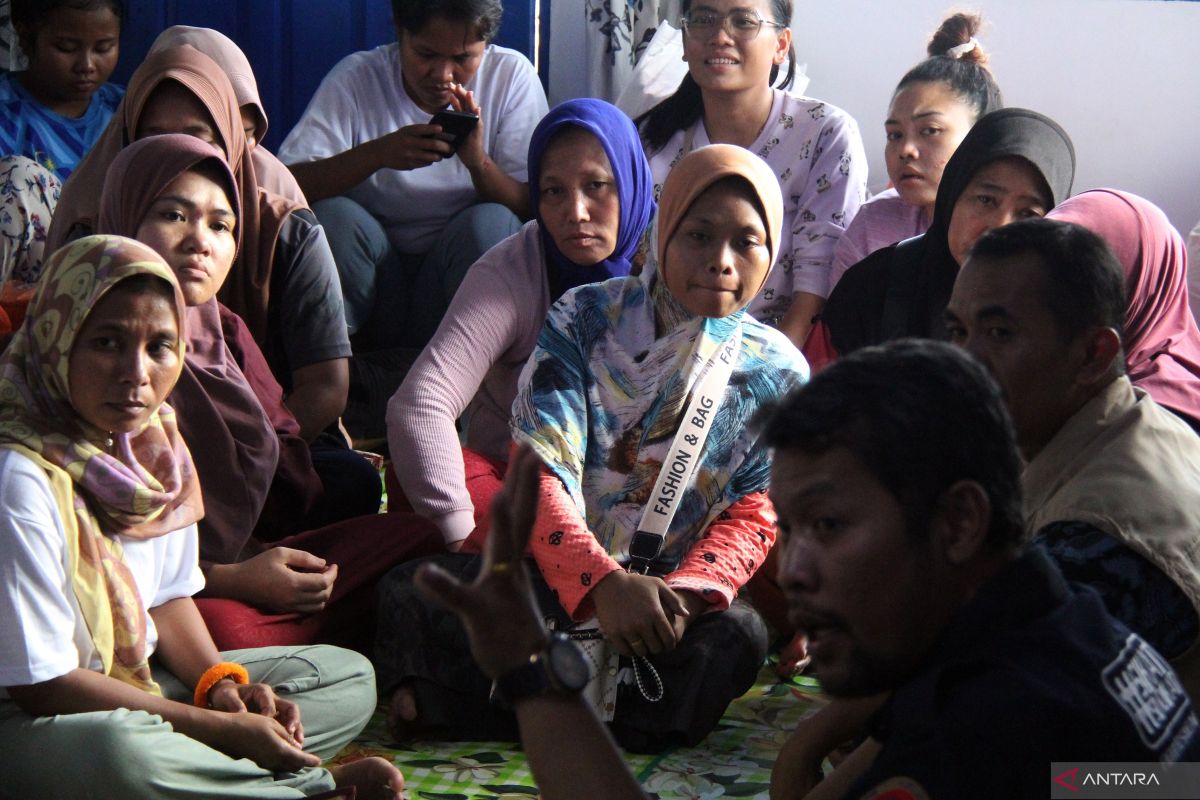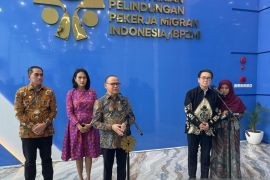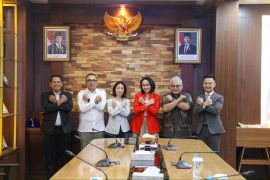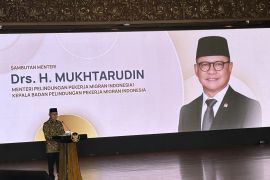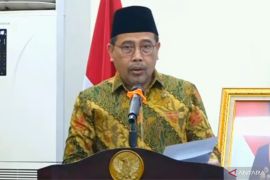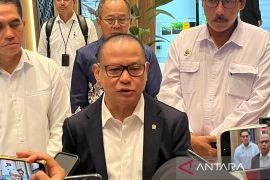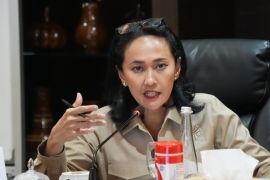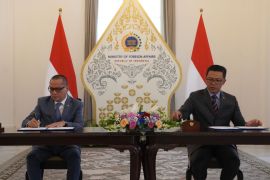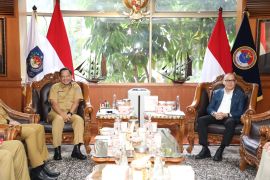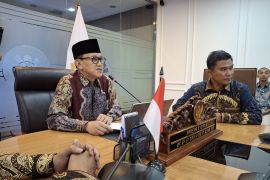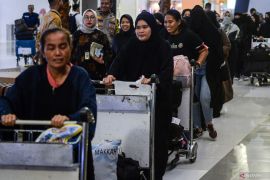Bank Indonesia data shows that remittances from migrant workers amounted to Rp227 trillion (around US$14 billion) in 2023, a 42.2 percent increase from 2019.
People working as migrant workers abroad also help reduce the high unemployment rate, providing an alternative for those struggling to find jobs in the country.
However, migrant workers face numerous challenges, especially regarding protection. They often lack legal safeguards and are at risk of human rights violations, including violence, excessive work hours, unpaid wages, limited access to health services, exploitation, and human trafficking.
The Indonesian Migrant Workers Union (SBMI) handled 456 cases of migrant workers facing problems in 2024.
In total, 2,172 types of issues were reported across the 456 cases, indicating that each case involves multiple problems. Fraud was the most reported issue (447 cases), followed by document forgery (415), human trafficking (251), debt entanglement (162), and unpaid salaries (131).
Based on this data, 272 cases (59.65 percent) were resolved; one case (0.22 percent) was partially resolved; and 183 cases (40.13 percent) remained unresolved or faced barriers.
Indonesian Minister of Migrant Worker Protection Abdul Kadir Karding emphasized the government's commitment to supporting migrant workers.
He noted that 80 percent of migrant workers exploited were those who departed through unofficial agents. This makes it difficult for the government to trace their location, employment details, and access to job security.
President Prabowo Subianto's decision to transform the Indonesian Migrant Workers Protection Agency (BP2MI) into the Ministry of the Protection of Indonesian Migrant Workers demonstrates the government's commitment to better protecting migrant workers.
The following are key events related to migrant workers and efforts by the ministry to ensure their protection and prosperity in 2024.
Releasing 1,500 Migrant Workers to South Korea and Germany
BP2MI, in its resolution, which carried the main theme of "Progressive Work Massive Movement," prepared and dispatched 1,500 migrant workers to South Korea and Germany on January 8.
Assisting Migrant Worker Deportees from Saudi Arabia and Malaysia
In early January this year, the Indonesian Migrant Worker Protection Service Center (BP3MI) of the Southeast Sulawesi branch helped repatriate two migrant workers—Milasri Tewanda Bahasa and Bako Bin Daim—who had encountered problems in Saudi Arabia and Malaysia.
Milasri fled her employer's residence in Saudi Arabia due to non-payment of the promised salary.
Bako was arrested by Malaysian immigration and imprisoned for four months after working without legal documentation since 1999. He was deported to Indonesia through Nunukan Port in North Kalimantan.
Arrest of Illegal Placement Syndicate
The Batam Port Area Police, in collaboration with BP3MI Riau Islands, arrested four individuals involved in the illegal placement of migrant workers at the end of February.
The four perpetrators were arrested based on the confession of one of the victims, who had been sent non-procedurally to Malaysia and imprisoned for three months.
The victim admitted that the perpetrators had provided her with a fake passport.
Lifting of Restrictions on Shipping Goods from Abroad
The rules restricting the type and quantity of shipments made by migrant workers from abroad were abolished after the revocation of the Trade Minister's Regulation No. 36 of 2023 concerning Import Policies and Regulations.
Starting in mid-April, restrictions on goods belonging to migrant workers were lifted. Migrant workers are given a tax relaxation of US$1,500 per year for three shipments of goods.
Legal Protection
Minister Karding has proposed an omnibus law encompassing comprehensive protection for all migrant workers under any placement scheme.
For instance, students who work part-time overseas under the internship scheme, regardless of their procedural or non-procedural status, will receive assistance from the ministry in case of disasters.
Strengthening Bilateral Cooperation for Middle East Placement
Deputy Minister of Migrant Workers Protection Zulfikar A. Tawalla emphasized that the Indonesian government continues to encourage guarantees of safety and rights for migrant workers through bilateral agreements with Middle Eastern countries.
Smallholder Business Credit
Karding stated that his ministry sought to facilitate access to financing through the Smallholder Business Credit (KUR) or cooperative scheme to support entrepreneurship development for migrant workers and their families.
Related news: Monitoring condition, safety of migrant workers in S Korea: ministry
Related news: Ministry expected to strengthen migrant workers' protection law
Translator: Kuntum R, Kenzu
Editor: Anton Santoso
Copyright © ANTARA 2024
